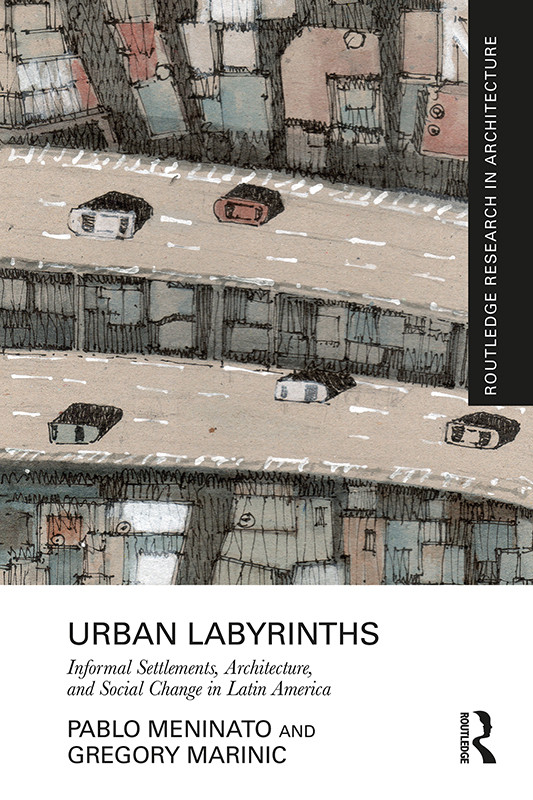

Most ebook files are in PDF format, so you can easily read them using various software such as Foxit Reader or directly on the Google Chrome browser.
Some ebook files are released by publishers in other formats such as .awz, .mobi, .epub, .fb2, etc. You may need to install specific software to read these formats on mobile/PC, such as Calibre.
Please read the tutorial at this link: https://ebookbell.com/faq
We offer FREE conversion to the popular formats you request; however, this may take some time. Therefore, right after payment, please email us, and we will try to provide the service as quickly as possible.
For some exceptional file formats or broken links (if any), please refrain from opening any disputes. Instead, email us first, and we will try to assist within a maximum of 6 hours.
EbookBell Team

4.7
46 reviewsFrom the mid-20th century to the present, Latin America and other regions in the Global South have experienced a remarkable demographic trend, with millions of people moving from rural areas to cities in search of work, healthcare, and education. Without other options, these migrants have created self-built settlements mostly located on the periphery of large metropolitan areas. While the initial reaction of governments was to eliminate these communities, since the 1990s, several Latin American cities began to advance new urban intervention approaches for improving quality of life. This book examines informal settlement interventions in five Latin American cities: Rio de Janeiro, Medellín, São Paulo, Buenos Aires, and Tijuana. It explores the Favela-Bairro Program in Rio de Janeiro during the 1990s which sought to improve living conditions and infrastructure in favelas. It investigates projects propelled by Social Urbanism in Medellín at the beginning of the 2000s, aimed at revitalizing marginalized areas by creating a public transportation network, constructing civic buildings, and creating public spaces. Furthermore, the book examines the long-term initiatives led by SEHAB in São Paulo, which simultaneously addresses favela upgrading works, water pollution remediation strategies, and environmental stewardship. It discusses current intervention initiatives being developed in informal settlements in Buenos Aires and Tijuana, exploring the urban design strategies that address complex challenges faced by these communities.
This book will be of interest to students, researchers, and professionals in planning, urbanism, architecture, urban design, landscape architecture, urban geography, public policy, and other disciplines.
…